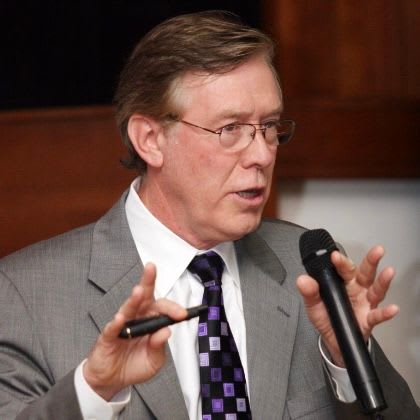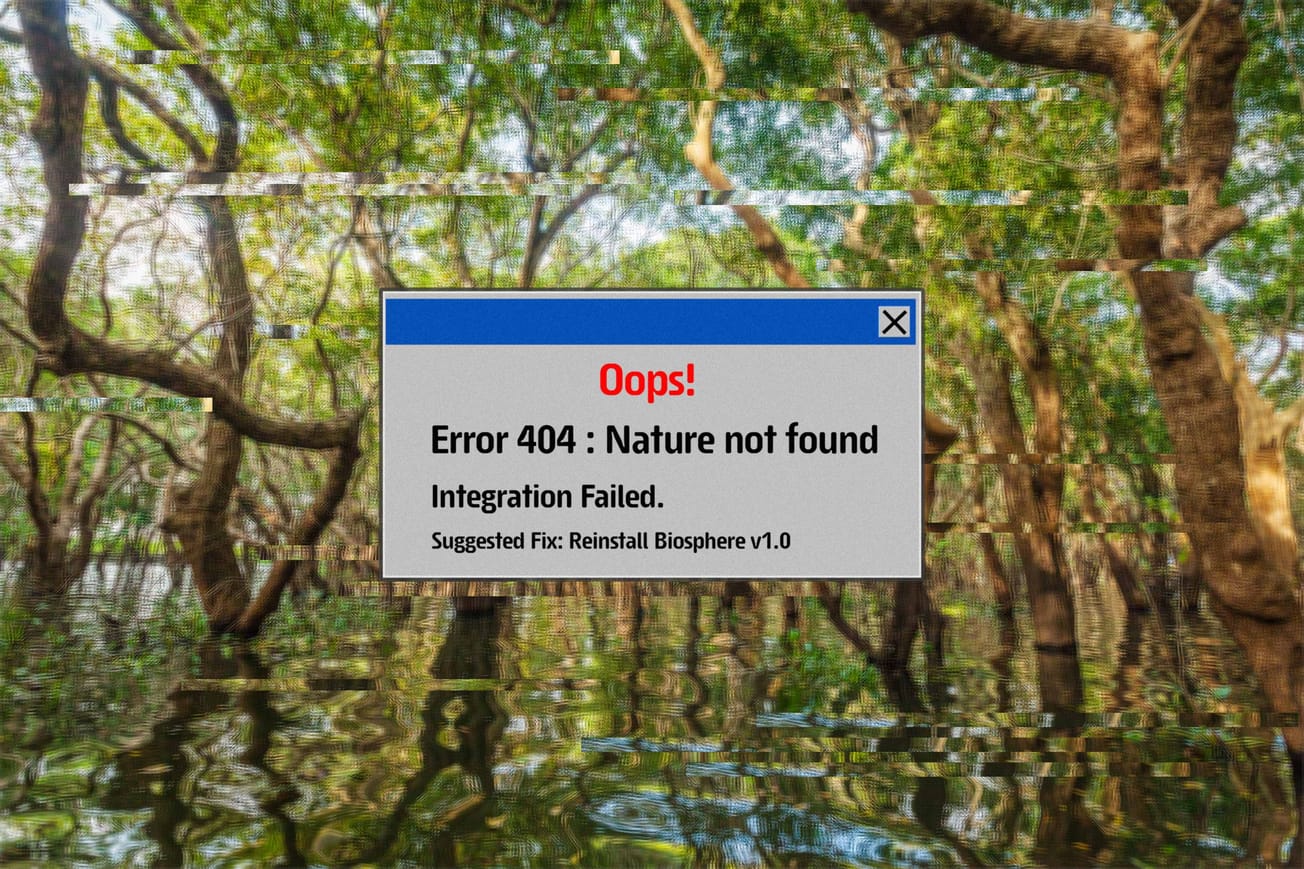Here we go again. The Conference of the Parties (COP), the supreme decision-making body of the United Nations Framework Convention on Climate Change (UNFCCC), established in 1992 during the Earth Summit in Rio de Janeiro, are having their annual get-together. Representatives from nearly every country in the world will convene for the 29th time to discuss climate action, or to be more precise, climate inaction.
Earth Beyond Its Sustainable Limits
A recent study published in Bioscience reveals that Earth's carrying capacity is being stretched beyond its sustainable limits by the daily addition of approximately 240,000 people and 170,000 cows and sheep, all contributing to unprecedented greenhouse gas (GHG) emissions. The researchers identified 25 feedback loops, including escalating emissions from melting permafrost, which could trigger multiple climate tipping points.
Profound Warnings from the Scientific Community
“We’re already amidst abrupt climate upheaval, endangering life on Earth like never before,” stated Prof. William Ripple of Oregon State University, a co-leader of the study. He emphasized that ecological overshoot—the consumption of resources beyond Earth's capacity—has pushed the planet into climatic conditions more perilous than those experienced by our prehistoric ancestors.
The report starkly portrays humanity as lemmings rushing towards a cliff, with global warming being merely one indicator of the catastrophic outcomes stemming from unchecked industrialization. The researchers warned, “Climate change is a glaring symptom of a deeper systemic issue: ecological overshoot is an inherently unstable state that cannot persist indefinitely. As the risk of Earth’s climate system tipping into a catastrophic state increases, more scientists are exploring the potential for societal collapse. Even without a global collapse, climate change could result in millions of additional deaths by 2050. We need bold, transformative change.”
Implications of a 2.5–3.0°C Temperature Rise
A global temperature increase of 2.5–3.0°C above pre-industrial levels would unleash profound and extensive consequences across environmental, societal, and economic spheres:
- Environmental Catastrophes: Intensified extreme weather events, rapid sea-level rise, widespread biodiversity loss, ecosystem collapses, ocean acidification, and the swift spread of vector-borne diseases.
- Societal Disruptions: Decreased food production, supply chain interruptions, water scarcity, massive infrastructure damage, and heightened economic and social instability.
- Irreversible Tipping Points: Melting permafrost releasing more greenhouse gases, the Amazon rainforest shifting from a carbon sink to a carbon emitter, and reduced ice cover increasing solar radiation absorption. These changes would lead to a surge in climate refugees, increased pressure on social stability, economic dislocation, and the potential for widespread societal collapse.
Persistent Inaction Despite Dire Warnings
Despite 29 years of COP meetings and numerous pledges, societies have failed to curb the rise in GHG emissions. The latest Bioscience article succinctly captures the urgency of the situation, declaring that humanity has entered a “critical and unpredictable new phase of the climate crisis.”
Recommended Policies for Immediate Action
The scientists advocate for several rapid policy implementations to address ecological overshoot and climate change:
- Gradual Population Reduction: Empower education and rights for girls and women to naturally decrease birth rates.
- Ecosystem Protection and Rewilding: Preserve natural habitats and restore degraded ecosystems to enhance carbon sequestration.
- Climate Education Integration: Embed climate change education into global curricula to raise awareness and inspire action.
A Call for Systemic Change
While their recommendations are grounded in sound sentiment, they alone will not halt humanity's march towards environmental disaster. A fundamental reexamination of the underlying drivers of this crisis is imperative. Specifically, the industrial, consumer-driven society that economically incentivizes excessive consumption must be transformed. Only by addressing these root causes can we hope to avert the impending cliff's edge.
Conclusion
As COP 29 approaches, the world's leaders face a pivotal moment. The scientific community's urgent warnings underscore the necessity for immediate and transformative actions to mitigate climate inaction. Without a profound shift in societal structures and consumption patterns, the projected temperature rises will unleash devastating and irreversible impacts on our planet and its inhabitants.













